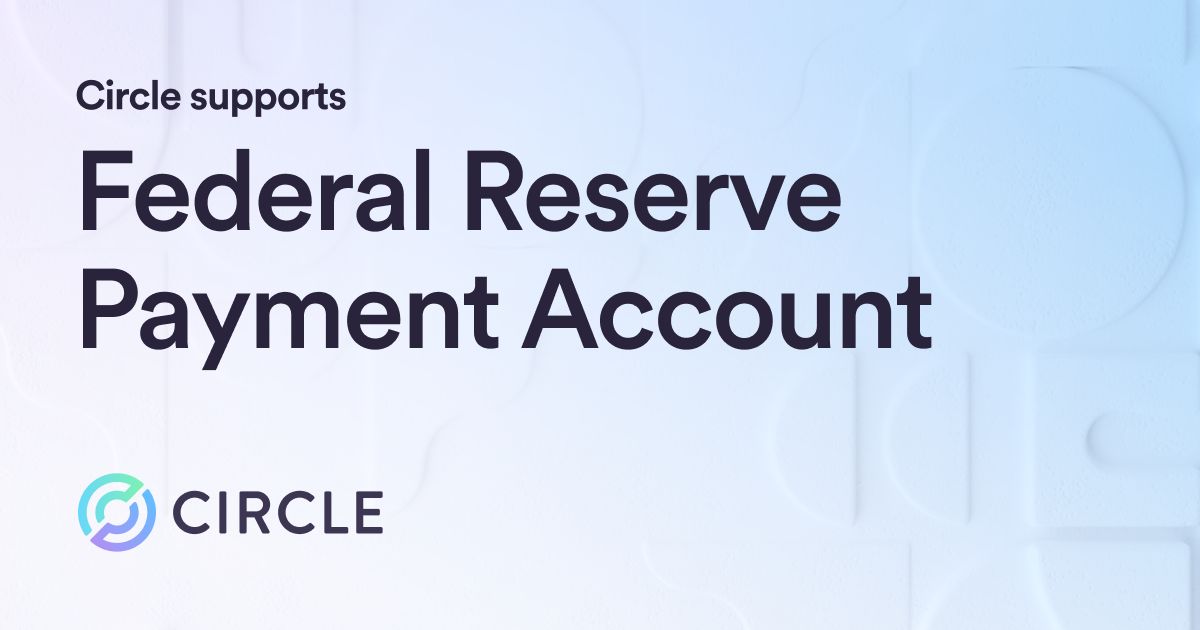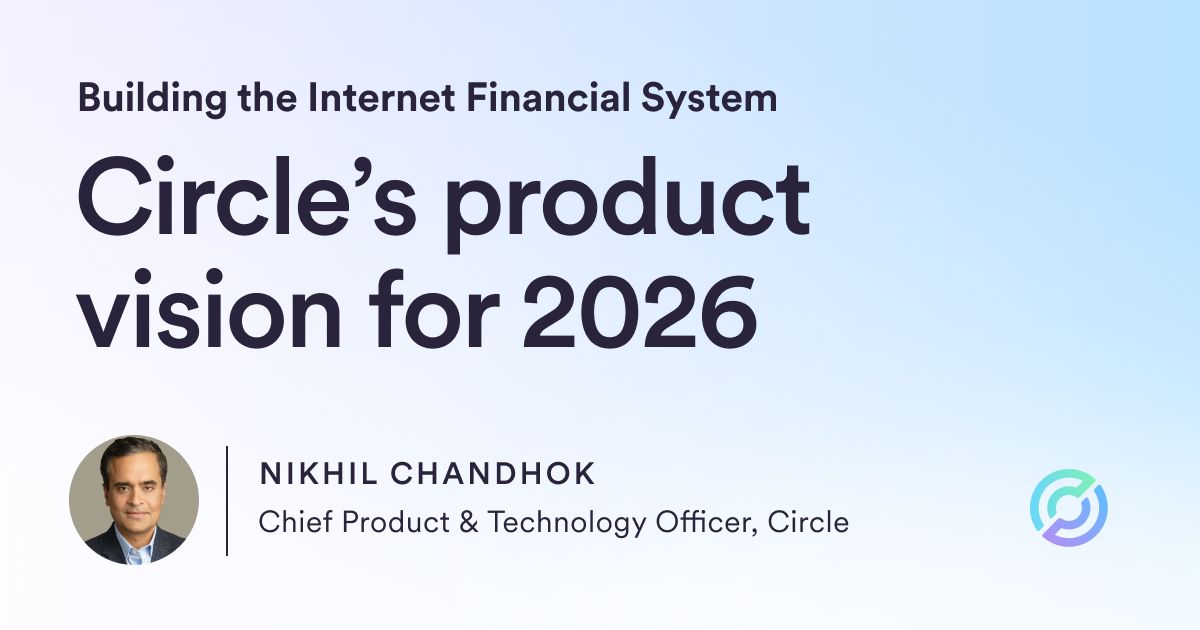Circle submitted its response to the California DFPI's invitation for comments on crypto asset-related financial products and services. Learn more.

On August 5, 2022, Circle submitted its response to the California Department of Financial Protection and Innovation’s (DFPI) invitation for comments on crypto asset-related financial products and services as they relate to California’s consumer financial protection law. In its response, Circle encouraged the California DFPI to work in tandem with the U.S. federal government to protect consumers by increasing transparency of digital asset companies and fighting against financial crime threats that exist in the digital asset economy. Circle underscored the need for California to continue its leadership as a hub for innovation within the U.S. and to promote competition between market participants.
Circle’s comments in response to the DFPI highlight the following points:
- California should align their regulations with that of the U.S. federal government and other states to tackle consumer protection issues and financial crime prevention. Building a cohesive regulatory framework across the United States would benefit both U.S. competitiveness and California’s competitiveness in the digital asset economy.
- Harmonizing California regulations regarding transparency and accountability of digital assets with those of other states and the U.S. federal government would help ensure financial stability and insulate California consumers from market risk and volatility.
- The DFPI should extend its consumer education practices by addressing digital assets in its educational materials. It should seek input from market participants to ensure accurate information communicated to California consumers.
- The DFPI could take steps to promote interstate dialogue — such as task forces to monitor fraud, share information, and set best practices among similar state regulators.
Key Points and Excerpts from Circle’s Response
The state should be aligned with the federal government and other states regulation-wise in order to increase consumer protection standards — along with U.S. and California competitiveness.
- “Harmonization with the federal government, as well as other states, is key to establishing an effective regulatory regime surrounding digital assets. Ensuring cohesiveness with other regulators would allow U.S.-based digital asset firms to innovate by avoiding a patchwork of differing state regulations throughout the country, which could slow innovation and impede U.S. competitiveness with digital asset firms globally… The DFPI promoting regulatory cohesiveness with eventual federal government regulation, and avoiding the creation of regulatory inconsistencies, would also benefit California by making the state an attractive location for digital asset firms to do business.”
- “[C]reating clarity through regulatory parity with other states and the federal government would make California a more desirable home state for responsible digital asset companies. As digital assets and public blockchains have developed over the past decade, entrepreneurs in this space have built a more than $3 trillion dollar sector… It is in DFPI and the industry's interest to cultivate responsible use of this technology to enhance California’s role as a central economic player in the burgeoning sector.”
- “While Circle has disclosed the USDC reserve assets, along with providing third-party monthly attestation reports to the sufficiency of the reserve and its composition from a leading global accounting firm, other firms do not provide the same transparency and accountability measures — creating a black box of information about reserve assets and raising essential questions about whether consumers can redeem their stablecoins at par. The DFPI should consider promulgating guidance regarding stablecoin reserves and redemptions — similar to standards the NYDFS recently released to promote market stability and protect consumers.”
California, in tandem with industry participants, should take action on digital asset education as a way to bolster consumer protection.
- “The DFPI should take an active role in consumer education and outreach regarding digital assets in partnership with respected industry participants. The Department already conducts valuable consumer education resources through brochures and consumer awareness education programs, and it should continue outreach into the digital assets sector by creating, publishing, and promoting these resources to all constituencies in California, with the help of industry participants. Allowing industry participants to partake in this form of consumer education would ensure that accurate, up-to-date information is communicated to consumers”
California should consider harmonizing its money transmission regulations with those of other states.
- “Considering that the DFPI has yet to decide whether to regulate digital currency transmission under the state’s Money Transmission Act (MTA) and has exempted some firms’ digital asset activity from money transmission licensing, the DFPI should consider looking to other states — many of whom consider digital assets as meeting their “money transmission” definition — and harmonizing California’s MTA rules with them. The DFPI could easily bolster its regulatory regime regarding stablecoins by folding in digital assets into the existing money transmitter regulatory framework.”




